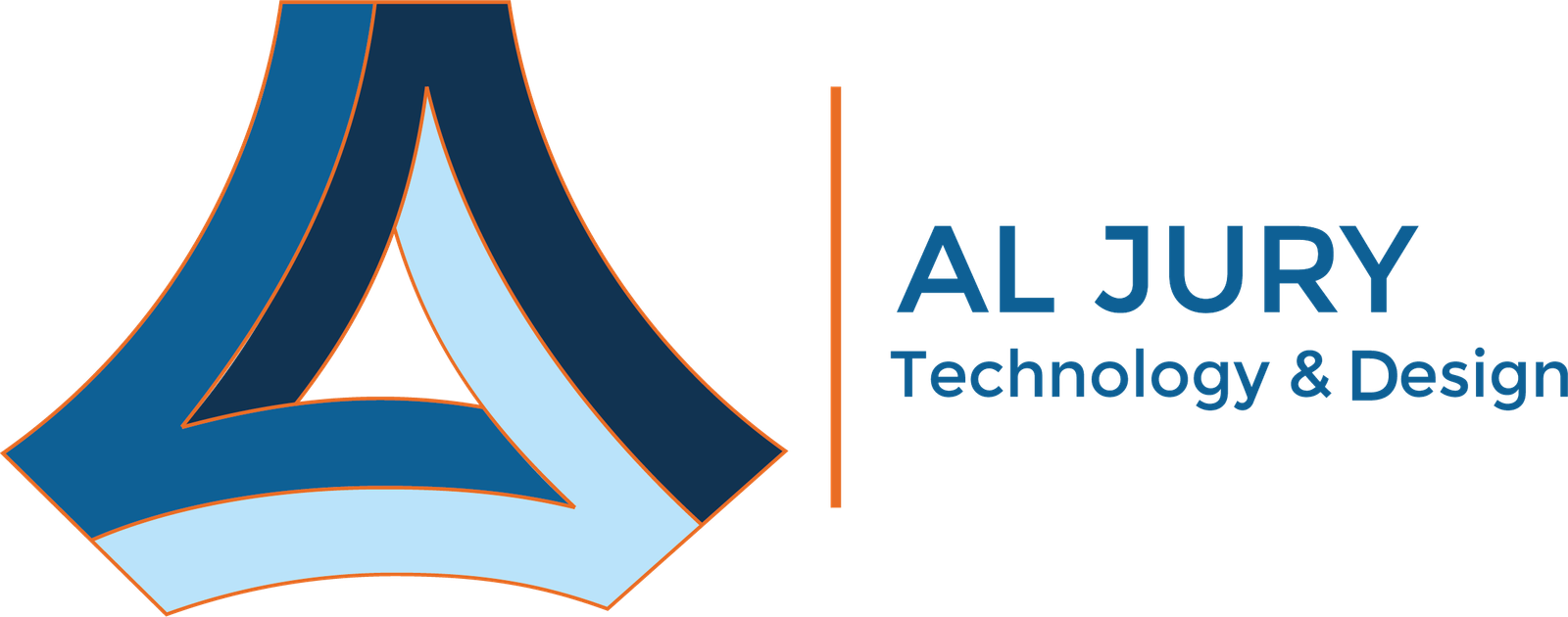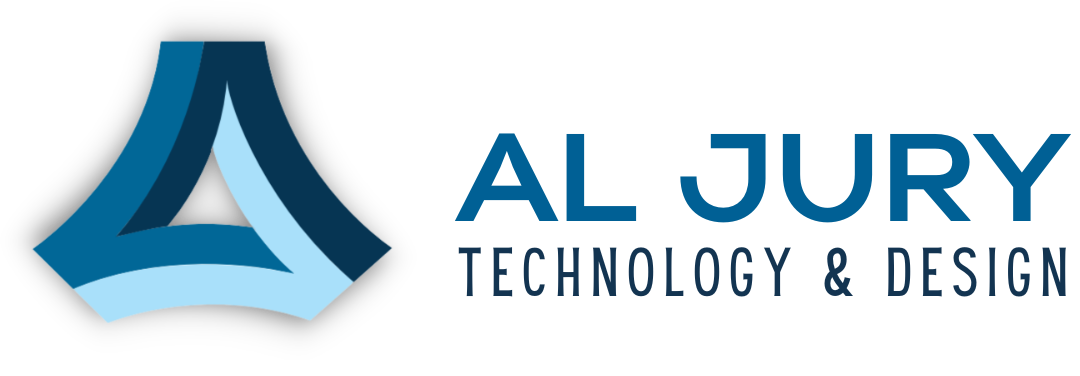Procurement Management with Innovative Solutions

In today’s fast-paced business environment, effective procurement management is crucial for optimizing resources and driving operational efficiency. Procurement processes involve acquiring goods and services from external sources, and managing these processes efficiently can lead to cost savings, improved supplier relationships, and enhanced overall productivity.
Components of Procurement Management:
1. Strategic Sourcing: Strategic sourcing involves identifying, evaluating, and selecting suppliers based on factors such as quality, cost, and reliability. By strategically sourcing goods and services, organizations can negotiate better terms and conditions, ensuring optimal value for money.
2. Purchase Requisition: Purchase requisition is the first step in the procurement process, where employees submit requests for goods or services they need. This helps centralize procurement requests and ensures that purchases align with organizational objectives and budgets.
3. Supplier Management: Supplier management involves managing relationships with suppliers to ensure timely delivery, quality products, and competitive pricing. Effective supplier management includes vendor evaluation, performance monitoring, and contract management.
4. Purchase Order Processing: Purchase order processing involves creating and managing purchase orders for approved requisitions. This step ensures that orders are accurately documented, tracked, and processed in a timely manner.
5. Invoice Management: Invoice management involves receiving and processing supplier invoices, verifying accuracy, and facilitating timely payments. Automated invoice processing systems can streamline this process, reducing errors and processing time.
Benefits of Procurement Management:
1. Cost Savings: Effective procurement management can lead to cost savings through better negotiation with suppliers, reduced maverick spending, and improved contract compliance.
2. Improved Supplier Relationships: By actively managing supplier relationships, organizations can foster better collaboration, resolve issues proactively, and leverage supplier expertise to drive innovation.
3. Enhanced Compliance: Procurement management helps ensure compliance with internal policies, industry regulations, and contractual obligations, reducing the risk of non-compliance penalties.
4. Greater Efficiency: Streamlining procurement processes with automation and standardization can improve efficiency, reduce cycle times, and free up resources for strategic activities.
5. Enhanced Visibility and Control: Procurement management provides greater visibility into spending, supplier performance, and procurement processes, enabling informed decision-making and better resource allocation.
In summary, effective procurement management is essential for organizations looking to optimize their resources, reduce costs, and drive operational excellence. By leveraging innovative solutions and best practices in procurement management, businesses can gain a competitive edge and achieve long-term success.

